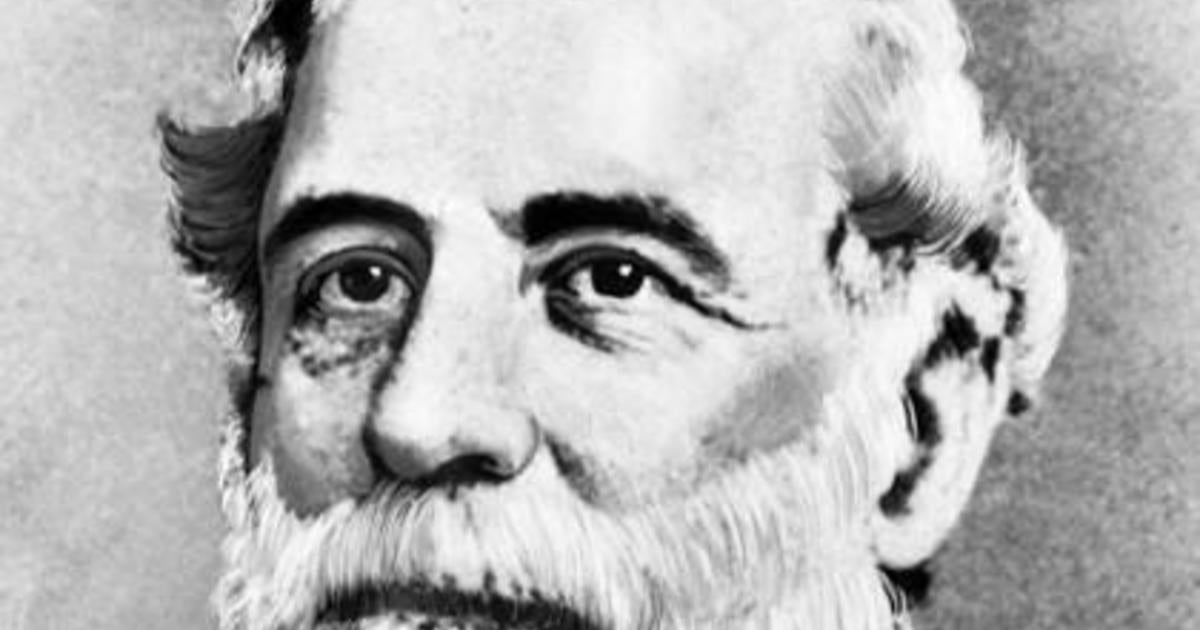A Controversial Commemoration: Robert E. Lee’s Legacy on Martin Luther King Jr. Day
As Alabama and Mississippi prepare to honor Robert E. Lee on Martin Luther King Jr. Day, the juxtaposition of these two figures raises profound questions about America’s historical memory and racial reconciliation. This decision has ignited a national conversation about how societies commemorate figures from America’s complex past, igniting a debate that delves deep into themes of identity, heritage, and the continuing impact of history on contemporary society.
The Historical Context of Robert E. Lee
Robert E. Lee, a Confederate general during the American Civil War, is often viewed through a polarized lens. To some, he symbolizes Southern pride and valor, a figure celebrated for his military strategies and leadership. Conversely, many view Lee as a representative of a rebellion that fought to preserve slavery and uphold racial injustice. This duality is at the heart of the controversy surrounding his commemoration, especially on a day dedicated to Martin Luther King Jr., a man who devoted his life to fighting for racial equality and justice.
The Significance of Martin Luther King Jr. Day
Martin Luther King Jr. Day, observed annually on the third Monday of January, honors the civil rights leader who played a pivotal role in the American civil rights movement. King’s legacy is one of nonviolent resistance, advocating for social justice and equality for all Americans, regardless of race. The day symbolizes hope, progress, and the ongoing struggle against systemic racism. Pairing this day with a commemoration of Robert E. Lee creates a stark contrast that many find troubling.
Public Reaction and Debate
The decision to honor Lee on a day set aside for King has sparked widespread outrage and confusion. Critics argue that it underscores an insensitivity to the racial struggles faced by many Americans, particularly in the South, where the legacy of the Confederacy remains a contentious issue. Supporters of the commemoration claim it’s a matter of honoring heritage and remembering a significant historical figure.
Social media platforms have become battlegrounds for this debate, with hashtags like #HonorKingNotLee trending as activists and concerned citizens voice their opinions. Demonstrators argue that such a commemoration perpetuates a narrative that glorifies a past built on oppression and division. In contrast, some defenders of the event argue for a broader interpretation of historical figures, suggesting that we can learn from Lee’s military strategies without endorsing his beliefs.
The Impact on Racial Reconciliation
Commemorating Robert E. Lee alongside Martin Luther King Jr. raises critical questions about racial reconciliation in the United States. Some scholars suggest that honoring figures like Lee on significant civil rights anniversaries can hinder progress toward unity and healing. They argue that it sends a message that history can be selectively interpreted and that the struggles for equality and justice are not universally recognized.
On the other hand, advocates for Lee’s commemoration argue that confronting uncomfortable aspects of history is essential for a comprehensive understanding of America’s past. They posit that acknowledging Lee’s role does not negate the struggles fought by King and others; rather, it allows for a more nuanced discussion about race, identity, and heritage.
Alternatives to Commemoration
In light of the controversy, some communities are proposing alternative ways to honor both Lee and King. For instance, educational programs that delve into the complexities of the Civil War and the civil rights movement may foster understanding and dialogue. Initiatives that emphasize community service and engagement on Martin Luther King Jr. Day could also serve as a bridge between the two narratives, focusing on collective progress rather than division.
The Role of Education in Historical Commemoration
Education plays a vital role in how society interprets historical figures like Robert E. Lee and Martin Luther King Jr. A comprehensive approach to history education encourages students to explore multiple perspectives, fostering critical thinking and empathy. By integrating discussions about the Civil War, the Confederacy, and the civil rights movement into school curriculums, educators can help students understand the complexities of these figures and their impact on American society.
Conclusion: Navigating the Path Forward
As Alabama and Mississippi prepare to honor Robert E. Lee on Martin Luther King Jr. Day, the national conversation surrounding this decision reflects broader issues of historical memory, racial reconciliation, and the challenges of honoring America’s diverse past. Moving forward, it is essential for communities to engage in open dialogues that challenge prejudices and foster understanding.
Ultimately, the legacy of both Lee and King can coexist in discussions about history if approached with sensitivity and a commitment to learning. By recognizing the multifaceted nature of these figures, society can work towards a more inclusive narrative that honors the struggles and achievements of all Americans, paving the way for a future rooted in justice and equality.
In this complex interplay of history, memory, and identity, the challenge lies in finding common ground that honors the past while fostering a more equitable future. Only through such efforts can we hope to reconcile the legacies of figures like Robert E. Lee and Martin Luther King Jr. and truly celebrate the progress made in the ongoing quest for equality.
See more BBC Express News

